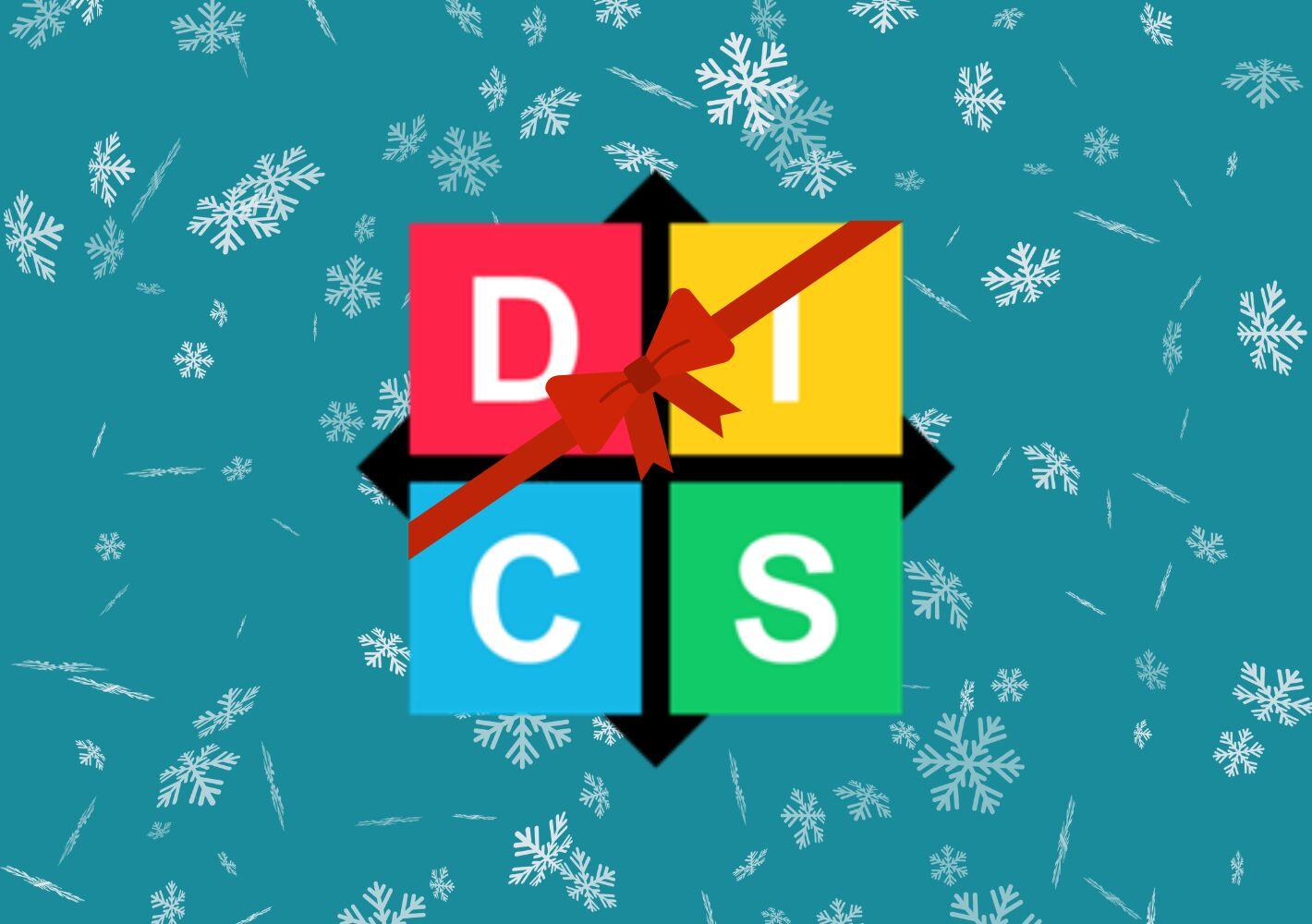We know emotional growth comes mostly with experience, and teenagers often may need some guidance to unlock their potential. High school students have educational and career choices they are positioned to make, yet little time to focus on emotional growth. DISC theory is a tool which guidance counselors, coaches, parents and educators can utilize to offer ways for students to realize where they need to grow emotionally, how to improve relationships, and how to support their own well-being.
Overcoming Personal Fears
At some point, every student will juggle between school work and extracurriculars, with the risk of becoming overloaded. Remember, students generally do not have the knowledge and experience to know how to manage pressure. DISC, a universal language of behavior, can help by revealing not only the strengths of each personality, but also their limitations and fears. Fears and limitations are most prominent when someone is under stress:
- D styles fear being taken advantage of
- I styles fear rejection
- S styles fear losing security
- C styles fear criticism
Introducing DISC theory to high school students early on will allow them to understand their own personal fears, and offer a way to overcome them before getting themselves stuck between a rock and a hard place. This tool will help them learn how to handle stress better.
Developing/Improving Friendships and Communication
High school is both the worst and best times for relationships. We meet and interact with many different people. However, a hard pill to swallow is that these people aren’t going to be in our lives forever; even harder to swallow is admitting fault when a good relationship turns sour. If you know you are a poor listener at times, this can put a big damper on the relationships you have or cultivate. At this young age, students may be unaware of the things that sometimes make them a bad friend. Even more so, they can be unaware of how to grow from their limitations, or just scared to address them. A DISC profile can make one aware he or she needs to work on being a better listener and make it a task if this relates to a “C” style (as “Cs” are task-oriented).
Supporting Mental Health and Well-being
Students don’t have much time to take “mental health days,” let alone contemplate how important they really are. Many students take on more than they can handle and become overwhelmed, yet try to push through it, even when they shouldn’t. However, everyone feels and reacts to things differently; coherently, some students handle stress and pressure well, while others shut down. DISC can give these students the tools they need to understand how to handle their emotions and when to give themselves a break. For example:
- D styles tend to be overly competitive and cannot accept second place. They need to learn it’s perfectly fine not to succeed in absolutely everything.
- I styles may overpromise and will say “yes” when they should say “no.” They need to learn to follow through or just limit the tasks they take on to what they will realistically be able to deliver.
- S styles are especially susceptible to helping everyone else but themselves. They need to know they deserve some “me time,” too.
- C styles need to learn it is perfectly okay to share the responsibility on a school project with their team members. They need to overcome the desire to control everyone.
Overall, it is important to set emotional goals and take mental breaks when needed. By understanding their personal strengths and shortcomings, DISC is a great tool for helping students to set good goals for developing emotional maturity.
Learn how you can help your students overcome their limitations and develop emotional growth by acquiring knowledge through becoming a "Behaviorally Intelligent" Educator with DISC Certification.





